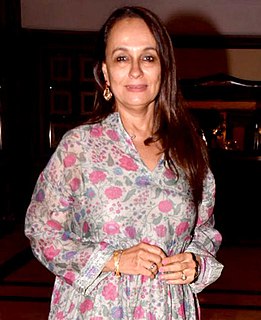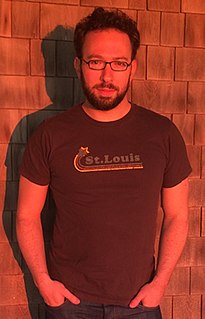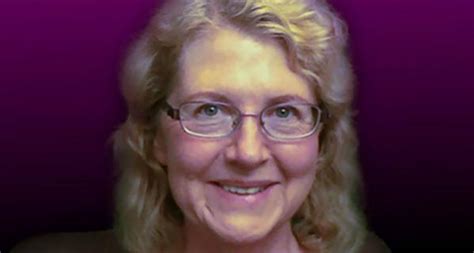A Quote by Charlie Kaufman
There's a point I can get to where I start writing character and then through the dialogue, after all of this preparation, the thing starts to feel like it's a character developing through the dialogue. A lot of character traits do come from writing dialogue, but I have to be ready to do it.
Related Quotes
I hate it when I'm reading a comic, and the dialogue looks like stickers stuck on top to explain what's going on. For me the best is when your eye goes in a certain point and moves through the composition and then springs out on the dialogue, or gets confused in the image and then goes to the dialogue for an explanation.
'Seize the Story' takes readers all the way through the process of writing fiction, from beginning to end. Every element, from dialogue to setting, plotting to character creation, is laid out and illustrated with examples. But the tone of the book is not that of a dry writing manual - it's definitely written for teenagers.
When you are writing, you have to love all your characters. If you're writing something from a minor character's point of view, you really need to stop and say the purpose of this character isn't to be somebody's sidekick or to come in and put the horse in the stable. The purpose of this character is you're getting a little window into that character's life and that character's day. You have to write them as if they're not a minor character, because they do have their own things going on.
I'm an actor, and, beyond that, the thing I do most compulsively is writing. So I come at it very much from this sense of character. I get interested in people. And I feel confident in my capacity to absorb and manifest the characteristics of people. I have a real auditory hang-up for dialogue; re-creating the way people talk really is an addiction in my brain.
What I like and find liberating in dialogue comedy is that the characters, and what they say, are not me. These are fleeting thoughts and observations and not presented as truths but as something that illuminates the character and the dynamic between the characters. This kind of dialogue is thesis and antithesis - and we never get to a synthesis.






































